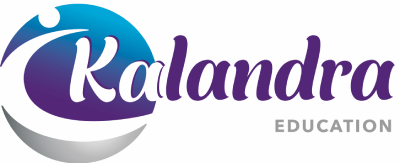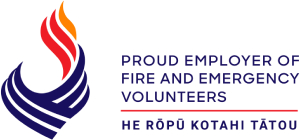Ethical dilemmas are common in healthcare, and one pressing issue that often arises is ageism. Ageism in healthcare refers to discrimination or bias based on a patient's age, leading to suboptimal care and unequal treatment. As medical professionals, it is crucial to recognize and address these ethical dilemmas to ensure equitable and compassionate healthcare for all patients, regardless of their age. In this blog, we'll explore some ethical dilemmas related to ageism in healthcare and propose strategies to overcome them.
- Age-Based Rationing of Care
One ethical dilemma in healthcare is age-based rationing of care, where medical interventions and treatments are allocated based on a patient's age rather than their medical condition. This practice can lead to older adults being denied potentially life-saving treatments simply due to their age.
Solution: Healthcare professionals should prioritise medical need over age when determining treatment plans. Adopting an evidence-based approach that considers individual health status, prognosis, and patient preferences will ensure fair and unbiased decision-making.
- Informed Consent and Autonomy
Ageism can manifest when healthcare providers assume that older patients are less capable of making informed decisions about their healthcare. This assumption may lead to a lack of respect for patient autonomy and a failure to obtain informed consent.
Solution: Healthcare professionals must involve older patients in the decision-making process and provide them with comprehensive information about their condition, treatment options, risks, and benefits. Respecting patient autonomy and involving families when necessary can help ensure that decisions align with the patient's values and preferences.
- Stereotyping and Diagnostic Overshadowing
Healthcare providers may unconsciously stereotype older patients, attributing their symptoms to age-related decline rather than investigating potential underlying medical conditions. This diagnostic overshadowing can result in delayed or missed diagnoses.
Solution: To combat this ethical dilemma, healthcare professionals should approach each patient with an open mind, free from age-related assumptions. Thorough evaluations and diagnostic tests should be conducted, giving every patient the best chance for an accurate and timely diagnosis.
- Allocation of Scarce Resources
During critical situations, such as pandemics or disasters, healthcare resources may become scarce. Ageism can influence decisions about resource allocation, leading to the prioritisation of younger clients over older ones.
Solution: Adopting a fair and transparent triage system that considers medical urgency, prognosis, and the potential for a good outcome, regardless of age, is essential. Healthcare professionals must adhere to ethical principles and prioritise the principle of beneficence, ensuring the best possible outcomes for all clients.
- Palliative and End-of-Life Care
Ageism can affect the level of palliative and end-of-life care provided to older clients. Some healthcare providers may perceive older adults as having a lower quality of life, leading to undertreatment of symptoms and limited access to palliative care services.
Solution: Encourage open conversations about end-of-life preferences early in the care process. Implementing comprehensive palliative care programs that focus on improving the quality of life for all clients, regardless of age, can help address this ethical dilemma.
Conclusion
Ethical dilemmas related to ageism in healthcare demand careful consideration and proactive measures from healthcare professionals. By recognising and addressing these challenges, we can ensure that age does not become a barrier to equitable and compassionate healthcare. Emphasising patient-centred care, respect for autonomy, and evidence-based decision-making will help create a healthcare system that treats every client with dignity and fairness, regardless of their age.
Back to Blog








